Related Research Articles
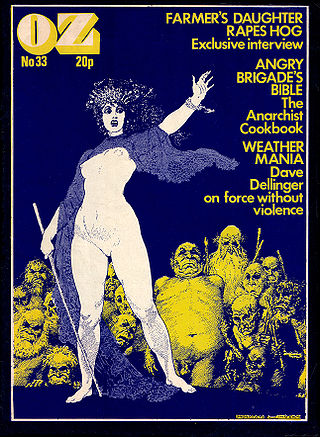
The terms underground press or clandestine press refer to periodicals and publications that are produced without official approval, illegally or against the wishes of a dominant group. In specific recent Asian, American and Western European context, the term "underground press" has most frequently been employed to refer to the independently published and distributed underground papers associated with the counterculture of the late 1960s and early 1970s in India and Bangladesh in Asia, in the United States and Canada in North America, and the United Kingdom and other western nations. It can also refer to the newspapers produced independently in repressive regimes. In German occupied Europe, for example, a thriving underground press operated, usually in association with the Resistance. Other notable examples include the samizdat and bibuła, which operated in the Soviet Union and Poland respectively, during the Cold War.
Liberation News Service (LNS) was a New Left, anti-war underground press news agency that distributed news bulletins and photographs to hundreds of subscribing underground, alternative and radical newspapers from 1967 to 1981. Considered the "Associated Press" for the underground press, at its zenith the LNS served more than 500 papers. Founded in Washington, D.C., it operated out of New York City for most of its existence.
The Underground Press Syndicate (UPS), later known as the Alternative Press Syndicate (APS), was a network of countercultural newspapers and magazines that operated from 1966 into the late 1970s. As it evolved, the Underground Press Syndicate created an Underground Press Service, and later its own magazine.
The United States Student Press Association (USSPA) was a national organization of campus newspapers and editors active in the 1960s. A program of the National Student Association (NSA), the USSPA formed a national news agency for college publications called Collegiate Press Service.
Collegiate Press Service, also called College Press Service (CPS), was a news agency supplying stories to student newspapers. It operated under various owners and names from 1962 to c. 1999.
Marshall Irving Bloom was an American journalist and activist, best known as co-founder in 1967 of the Liberation News Service, the "Associated Press" of the underground press.
Verandah Porche is an American poet living in Guilford, Vermont.
An alternative news agency operates similarly to a commercial news agency, but defines itself as an alternative to commercial or "mainstream" operations. They span the political spectrum, but most frequently are progressive or radical left. Sometimes they combine the services of a news agency and a news syndicate. Among the primary clients are alternative weekly newspapers.
The Pulitzer Prizes for 1995 were announced on April 18, 1995:

The Longfellow House–Washington's Headquarters National Historic Site is a historic site located at 105 Brattle Street in Cambridge, Massachusetts. It was the home of noted American poet Henry Wadsworth Longfellow for almost 50 years, and it had previously served as the headquarters of General George Washington (1775–76).

Richard Hirschfeld Williams was an American left fielder, third baseman, manager, coach and front-office consultant in Major League Baseball. Known especially as a hard-driving, sharp-tongued manager from 1967 to 1969 and from 1971 to 1988, he led teams to three American League pennants, one National League pennant, and two World Series triumphs. He is one of nine managers to win pennants in both major leagues, and joined Bill McKechnie in becoming only the second manager to lead three franchises to the Series. He and Lou Piniella are the only managers in history to lead four teams to seasons of 90 or more wins. Williams was inducted into the National Baseball Hall of Fame in 2008 following his election by the Veterans Committee.
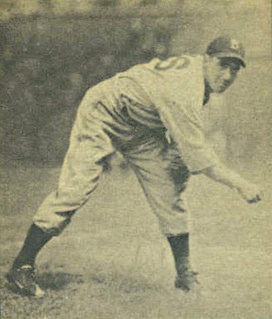
Van Lingle Mungo was an American professional baseball player. He played in Major League Baseball as a right-handed pitcher from 1931 to 1945 for the Brooklyn Dodgers and the New York Giants. The five-time All-Star was the National League strikeout leader in 1936. Mungo was a colorful personality known for his off-field antics as well as his erratic fastball.
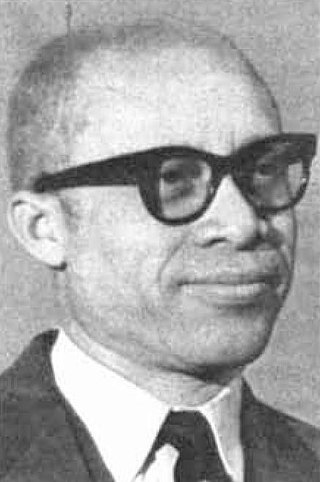
Clifton DeBerry was an American communist and two-time candidate for President of the United States of the Socialist Workers Party. He was the first black American in the 20th century to be chosen by a political party as its nominee for president.
Carol Hanisch is an American radical feminist activist. She was an important member of New York Radical Women and Redstockings. She is best known for popularizing the phrase "the personal is political" in a 1970 essay of the same name. She does not take responsibility of the phrase, stating in her 2006 updated essay, with a new introduction, that did not name it that, or in fact use it in the essay at all. Instead she claims that the title was done by the editors of Notes from the Second Year: Women's Liberation, Shulamith Firestone and Anne Koedt. She also conceived the 1968 Miss America protest and was one of the four women who hung a women's liberation banner over the balcony at the Miss America Pageant, disrupting the proceedings.
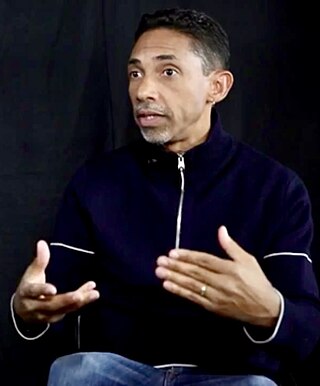
Robin Davis Gibran Kelley is an American historian and academic, who is the Gary B. Nash Professor of American History at the University of California, Los Angeles (UCLA).
Marty Jezer was an activist and author. Born Martin Jezer and raised in the Bronx, he earned a history degree from Lafayette College. He was a co-founding member of the Working Group on Electoral Democracy, and co-authored influential model legislation on campaign finance reform that has so far been adopted by Maine and Arizona. He was involved in state and local politics, as a campaign worker for Bernie Sanders, Vermont's Independent Congressional Representative, and as a columnist and Town Representative.
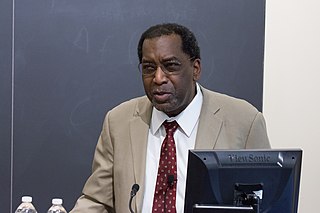
Charles M. Payne, Jr. is an American academic whose areas of study include civil rights activism, urban education reform, social inequality, and modern African-American history. He was the Chief Education Officer for Chicago Public Schools and used to be the Frank P. Hixon Distinguished Service Professor at the University of Chicago's School of Social Service Administration.

Allen Young is an American journalist, author, editor and publisher who is also a social, political and environmental activist.
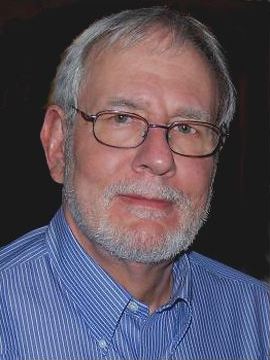
Thorne Webb Dreyer is an American writer, editor, publisher, and political activist who played a major role in the 1960s-1970s counterculture, New Left, and underground press movements. Dreyer now lives in Austin, Texas, where he edits the progressive internet news magazine, The Rag Blog, hosts Rag Radio on KOOP 91.7-FM, and is a director of the New Journalism Project.
George P. Elliott was an American poet, novelist, short story writer, and essayist.
References
- 1 2 3 4 "Mungo, Raymond, 1946-". Special Collections & University Archives. University of Massachusetts Amherst.
- ↑ Knight, Heather (Feb 21, 2004). "The flowering of love: Strangers from Midwest send bouquets". San Francisco Chronicle .
- 1 2 "Leftists and War Foes Set Up Center in Capital: 'Movement' Runs Liberation News Service About Its Activities". The New York Times. Feb 16, 1968. p. 20.
- ↑ Slonecker, Blake (2010). "We are Marshall Bloom: Sexuality, Suicide and the Collective Memory of the Sixties". The Sixties: A Journal of History, Politics and Culture. 3 (2): 187–205. doi:10.1080/17541328.2010.525844. S2CID 144406764.
- ↑ Mungo, Ray (1970). Famous Long Ago: My Life and Hard Times with Liberation News Service. Boston: Beacon Press.